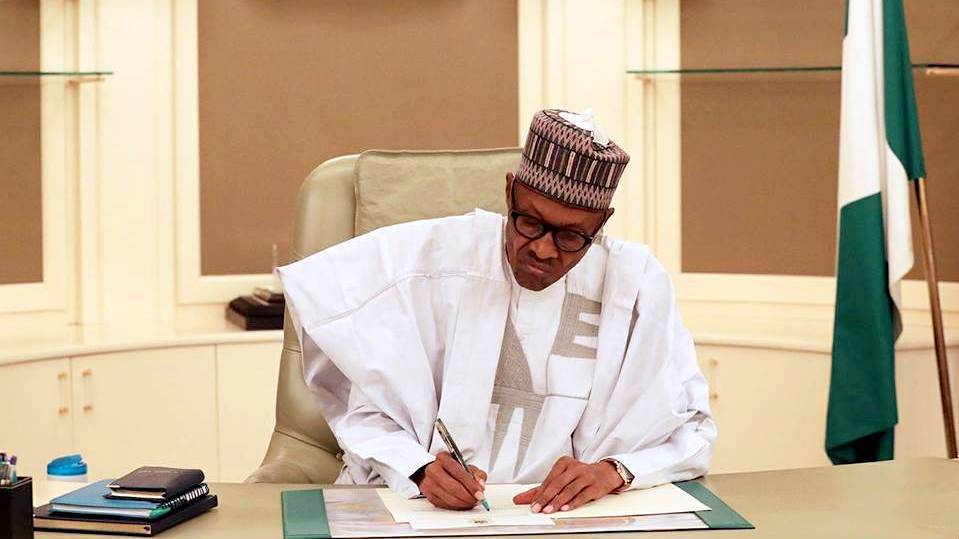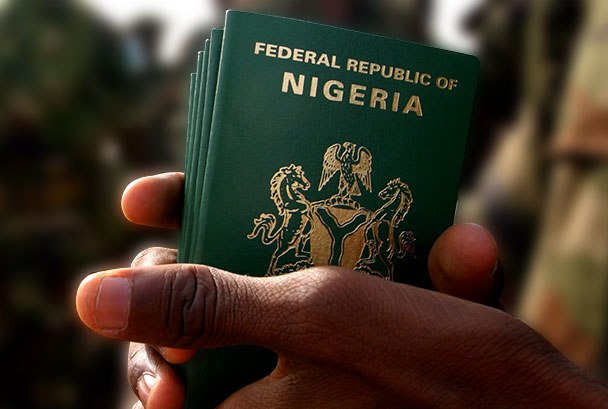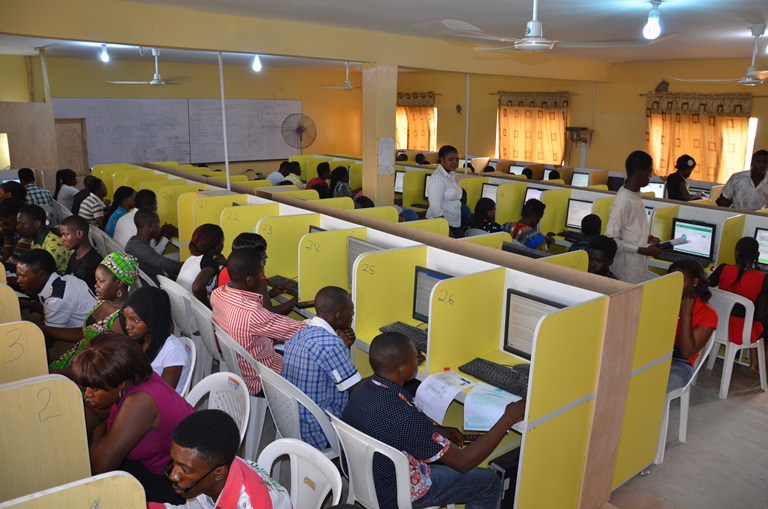NASA To PMB: Address Volume Of Injustices In Nigeria
The Nigerian Anthropological and Sociological Practitioners Association (NASA), has said that it was high time President Muhammadu Buhari addressed the volume of injustices in the country to check growing insecurity and engender lasting peace.
The association, in a communiqué issued at the end of its 22nd annual conference, held in Ibadan, said such injustices include unemployment, bad roads, poor education infrastructure, lack of quality health institution, corruption, lack of potable water, widened gap between the rich and the poor and herdsmen killing among others.
They also charged the president to work out a blueprint for Nigerians to work and live together as well as make people the corner stone of his administration.
The communiqué, which was signed by the National President, Professor Folashade Okesola and the LOC Chairperson, Dr Adebimpe Adenugba, noted that Nigerians were living under harsh conditions, making crime and criminality to thrive.
According to NASA, the contours of change are presently negatively affecting Nigerian masses that constitute the majority while the few rich are still benefiting.
NASA noted that a just system must be entrenched by President Buhari’s led government, where those who use religion and ethnicity for political manoeuvring and cause conflict must be punished.
NASA asked president Buhari to reduce illiteracy by funding education and improve health facilities provided for Nigerians to compare with that which the president enjoyed when he went to UK for medicals.
While lamenting that the present system of democracy in Nigeria lacks the basic fundamentals of democracy, NASA added that while Nigerians lack consensus on how they want to live together, the elite seems to have reached a consensus on how to destroy Nigeria through corruption.
“Corruption is widespread in Nigeria not because the people are different from other parts of the world, but because the conditions are ripe for it. In Nigeria, accountability is generally weak, political competitions ad civil liberties are often restricted.
“Laws and principles of ethics in government are poorly developed and the legal institutions charged with enforcing them are ill-prepared. The impediments to implementation of the anti-money laundering standards include anti-graft agencies manned by corrupt personnel, harassment of political opponents by law enforcement agencies, lack of cooperation from banks among others.
“There is need for improvement in the socio-economic life of the people and the leadership example; punitive measures on corrupt practices and value re-orientation as well as independence of anti-money laundering enforcement agencies,” it added.




